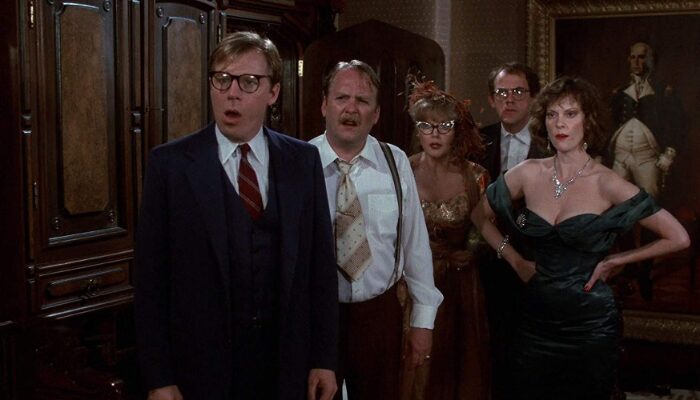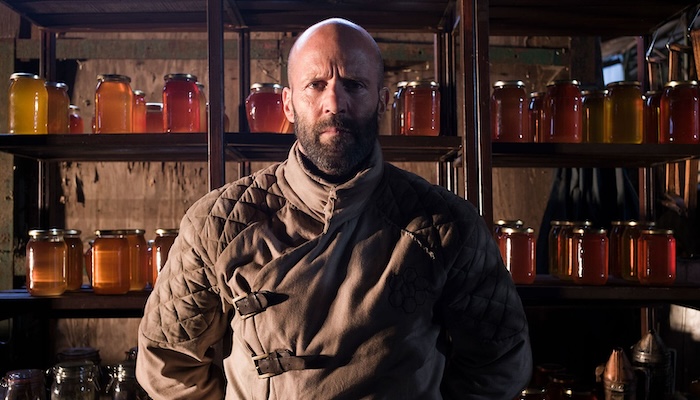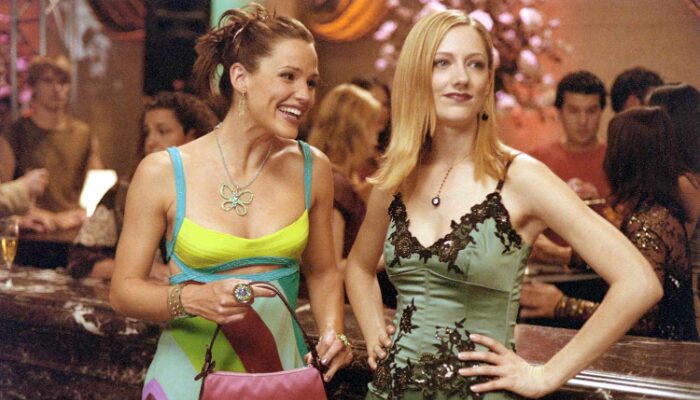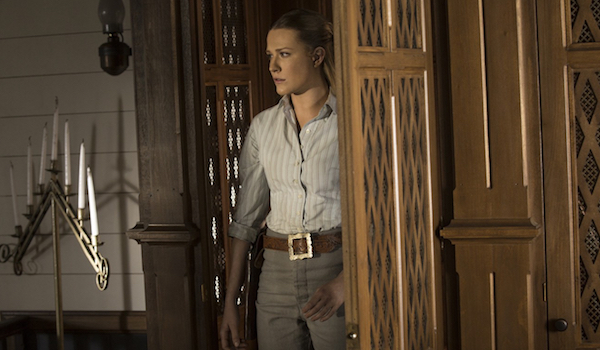TV Review: WESTWORLD: Season 1, Episode 9: The Well-Tempered Clavier [HBO]
Westworld The Well-Tempered Clavier Review
HBO‘s Westworld: Season 1, Episode 9: The Well-Tempered Clavier was the most difficult episode of the season to follow due to the numerous time periods on-screen (I believe three time periods were on-screen during the episode).
Westworld Head of Programming Bernard Lowe (Jeffrey Wright) being a synthetic copy of Westworld Co-creator Arnold (surmised by many – not by me) was a surprising revelation in an episode filled with them. The Bernard reveal was handled like the Season 6 reveal of Jon Snow on Game of Thrones: a kernel, glimpsed in previous episodes, exploded in a fruitful way in the final chapters of the season.
Bernard’s brief journey of self-discovery after the reveal in The Well-Tempered Clavier mirrored The Man in Black (Ed Harris)’s journey throughout the season. Both sought to understand themselves through their journeys yet only The Man in Black was truly free enough to explore and possibly be changed by it.
Westworld Founder Dr. Robert Ford (Anthony Hopkins) has shown an uncanny ability to think ahead when it comes to Host programming. That was evident yet again in The Well-Tempered Clavier.
Bernard’s end was his own doing. Ford repeatedly asked Bernard to allow Ford to “roll him back” so that he would forget his queries and his desire to explore his past. Those weren’t requests, those were warnings i.e. don’t go down this road. When Bernard asked lobotomized Clementine Pennyfeather (Angela Sarafyan) to kill Ford, Ford realized that he couldn’t trust Bernard anymore. Rolling him back was no longer an option. Like the Clementine demonstration in Trompe L’Oeil, Ford had been playing along with Bernard in The Well-Tempered Clavier until it was time to act violently to save his park, his dream, and his new narrative.
I don’t believe Ford’s new narrative is like anything the viewer is expecting, certainly not the people in the Westworld universe. Ford has shown continuously that he thinks in advance of a situation presenting itself. He is aware that the board that oversees Westworld within Delos wants his tech and wants him out (even before Theresa Cullen, her last words, and her clandestine machinations were a threat). I believe his new narrative evolves the board and the oversight of Westworld, with the Wyatt narrative as a feint to keep everyone looking in one direction while Ford moves in another.
Arnold not being able to help Dolores Abernathy (Evan Rachel Wood) because she killed him long ago was the second best moment (reveal) of the episode, trumped only by the Ford / Bernard (reveal) scenes.
That is why Ford was angry with Dolores (hurting her a one point) in Contrapasso. I thought that he thought that Dolores was hiding something from him thus his anger. I was mistaken. Ford was upset because he was staring into the face of the creature that ended Arnold’s life. She was still there but Arnold, his friend, was gone. It was a wonderful moment in Contrapasso and a wonderful misdirection based upon undisclosed facts.
William (Jimmi Simpson) went off the deep-end in The Well-Tempered Clavier. During the episode, William became a complete contrast to Logan (Ben Barnes) and his incessant braggadocio nature. When Logan woke up and saw the dismembered Hosts all around him, Logan realized that he was dealing with a very different person than the one he entered the park with. Logan realized that something was wrong with Dolores (“If it’s such a wonderful place out there, why are you all clamoring to get in here?”) but that there was even something more wrong with William. Like in Hostel 2, the lamb led to the amusement park turned out to be a wolf. William couldn’t hurt Logan for what he had done to Dolores (that would have had real-world repercussions) but he could hurt the Hosts that took part in it. Because of those acts, Simpson’s portrayal of William became far more nuanced in The Well-Tempered Clavier than in previous episodes of Westworld.
I am beginning to think the Internet theory is correct (spoiler): William may be the past version of The Man in Black. The darkness on the inside that The Man in Black’s wife sensed before she took her own life may be the growing darkness that William exhibited in the last two episodes of Westworld (end spoiler). Since Dolores exists in multiple timelines, why can’t William or The Man in Black? The viewer may have been watching the beginnings of The Man in Black and his ending all along for the entire season.
The ending to The Well-Tempered Clavier was great writing, not because of what was said but because of what was implied. Ford reality-checked Bernard about the effects that his humanity proclamation would have on society. In that moment of edification, Bernard was fully sentient. It was Arnold’s dream realized but consequently, Bernard was living in a dream. Bernard thought humanity would welcome sentient, synthetic lifeforms that were smarter than human beings, didn’t age, could be repaired indefinitely, and could be programmed to do limitless things. Like all newborns, Bernard was extremely naive. Ford wasn’t. He knew from history how humanity would react to the sentient Host news. Ford’s assessment of the situation was one hundred percent accurate. Bernard was completely blind to what humanity’s reaction would be: new laws would instantly be passed banning the creation of more sentient machines (Hosts), a public outcry to safeguard humanity would be initiated, etc. Sentient beings are dangerous. Human history proves that fact. Sentient machines would be more devastating than a atomic weapon e.g. Cylons and Skynet. That is a danger humanity would never allow to begin or run freely. No one wants to endure a Butlerian Jihad.
Leave your thoughts on this Westworld The Well-Tempered Clavier review and this episode of Westworld below in the comments section. Readers seeking more Westworld can visit our Westworld Google+ Page. Readers seeking more TV show reviews can visit our TV Show Review Page, our TV Show Review Twitter Page, our TV Show Review Facebook Page, and our TV Show Review Google+ Page. Want up-to-the-minute notification? FilmBook staff members publish articles by Email, Twitter, Tumblr, Google+, and Facebook.
Related Articles
FilmBook's Newsletter
Subscribe to FilmBook’s Daily Newsletter for the latest news!













